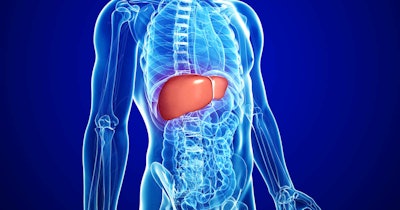
Synthetic biology company bit.bio has unveiled a lead cell therapy candidate as a treatment for life-threatening liver conditions, and it has set out its broader cell therapy pipeline.
The firm, based in Cambridge, U.K., provides human cells for research, drug discovery, and cell therapy. Its lead cell therapy candidate (bbHEP01) is a treatment for patients suffering from acute liver failure and acute-on-chronic liver failure. The candidate bbHEP01 consists of encapsulated allogeneic-induced hepatocytelike cells (txHepatocytes) produced by bit.bio’s cell programming technology.
“The product is designed to provide transient liver function support, allowing native liver recovery or providing a bridge to transplant,” the company said in a statement.
bbHEP01 is expected to enter clinical development in 2025 and generate initial clinical data in 2026.
Bit.bio says its approach builds on current preclinical and clinical data demonstrating the feasibility and potential benefit of encapsulated donor-derived hepatocyte cell therapy.
Its broader therapeutic cell pipeline includes pancreatic islet cells, GABAergic neurons, and immune cells such as myeloid and natural killer cells.
Initial development areas for these cell types include metabolism and endocrinology, immunology, and neurology. Regulatory T-cell-based cell therapies will also be a focus for the cell development strategy.
“Our growing portfolio of therapeutic bit.bio txCells will enable a broad pipeline of regenerative and immune cell therapies, which we will develop either independently or in collaboration with external partners,” Mark Kotter, bit.bio founder and CEO, said in a statement.
The company also announced three new members of its scientific advisory board: Anil Dhawan, professor of pediatric hepatology at King’s College Hospital in London; Katy Rezvani, professor of stem cell transplantation and cellular therapy at the University of Texas MD Anderson Cancer Center in Houston; and Loïc Vincent, chief scientific officer at Watertown, MA-based Affini-T Therapeutics.











